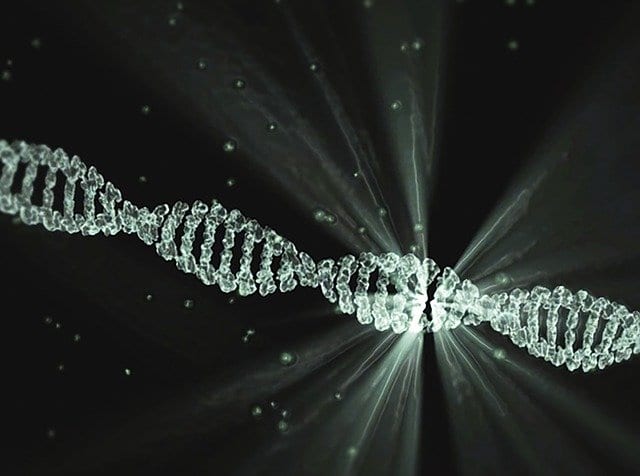According to a story from the CureDuchenne Blog, Dr. Kevin Flanigan of Nationwide Children’s Hospital has recently dosed two Duchenne muscular dystrophy patients with an experimental gene therapy. This gene therapy is designed for patients who carry the Duplication 2 mutation, which is one of the rarer causes of the disorder. CureDuchenne played a critical role in funding Dr. Flanigan’s early research related to the development of the treatment.
About Duchenne Muscular Dystrophy
Duchenne muscular dystrophy is a neuromuscular disease, and it is one of the more severe types of muscular dystrophy. It is characterized by progressive muscle weakness that usually begins around age four and worsens quickly. As an X-linked genetic disease, boys are mostly affected, with girls only occasionally displaying mild symptoms. The disease is caused by mutations of the dystrophin gene. Symptoms of Duchenne muscular dystrophy include falling, abnormal walking posture, eventual loss of walking ability, muscle fiber deformities, intellectual disability (not in all cases), enlargement of the tongue and calf muscles, skeletal deformities, muscle atrophy, heart abnormalities, and difficulty with breathing. Treatment includes a variety of medications and therapies that can help alleviate symptoms and slow disease progression. Lifespan is usually into the thirties with good care. Better treatments for this disease are urgently needed. To learn more about Duchenne muscular dystrophy, click here.
Creating a Gene Therapy
The organization has committed over $1 million over the years towards the development of a gene therapy that acts on the Duplication 2 mutation. Ultimately, CureDuchenne hopes that the model of fundraising and research can translate into developments that will benefit all patients living with the disorder.
The therapy in question is a one-time treatment that is designed to utilize an exon-skipping mechanism. The two boys were treated as part of a phase 1/2a clinical trial being led by Dr. Megan Waldrop. The therapy uses an AAV vector in order to deliver copies of small nuclear RNA gene that are non-coding and target exon 2. This should “skip” over the mutated exon as the messenger RNA for the dystrophin protein is constructed.
“In our mouse model with exon 2 duplication, the virus results in very robust expression.” – Dr. Kevin Flanigan
The trial was funded by Audentes Therapeutics, which has also entered into a licensing agreement for the gene therapy. Now, only time will tell if the experimental treatment can produce results.







